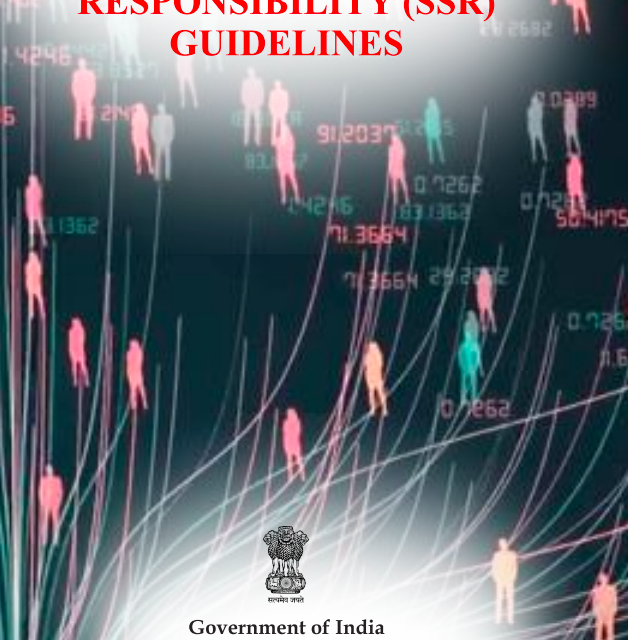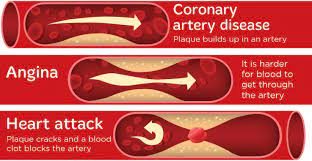India made significant progress in science and technology since its independence. Recent achievements in Science, Technology and Innovation have been quite unprecedented. India is placed in 3rd among countries in scientific publication as per National Science Foundation (NSF) database. The country has featured within the top 50 innovative economies globally (at 46th rank), as per Global Innovation Index (GII). It has also reached 3rd Position in terms of the number of PhDs in science and engineering, in terms of the size of the Higher Education System as well as in terms of number of Startups. It made considerable progress in terms of quality of research output, number of resident patents and number of women participating in the R&D in recent years. Despite making good progress in STI, the transfer of scientific knowledge and its benefits to society remains an area of concern. Thus, apart from deploying more resources on human and social development, building a strong connection between science and society assumes significance. One way could be through the transfer of scientific knowledge in achieving social goals which could be formalised through guidelines on “Scientific Social Responsibility (SSR)”. These guidelines are about building synergy among all stakeholders in our scientific community and about developing linkages between science and society.
Scientific Social Responsibility (SSR) Guidelines











